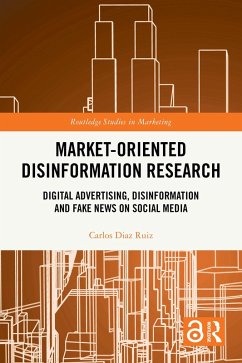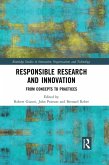Readers will learn how the amplification of disinformation can be linked to social media's business model. Examples include how social media algorithms promote addictive content, how fake news sites use ad fraud to lure in advertising revenue, and how some content creators rely on clickbait, ragebait, bots, and conspiracy theories to boost their engagement metrics.
The book is a must-read for scholars in journalism, media studies, and political communication, as well as policymakers interested in the democratic governance of social media platforms. In addition, it calls for digital marketing, advertising, and brand management professionals to take responsibility for their ad spending by advocating for greater oversight over AdTech intermediaries to prevent unethical actors from monetizing the harmful content that polarizes society and undermines democratic institutions.
The Open Access version of this book, available at www.taylorfrancis.com, has been made available under a Creative Commons Attribution (CC BY) 4.0 International license.
Dieser Download kann aus rechtlichen Gründen nur mit Rechnungsadresse in A, B, BG, CY, CZ, D, DK, EW, E, FIN, F, GR, HR, H, IRL, I, LT, L, LR, M, NL, PL, P, R, S, SLO, SK ausgeliefert werden.









